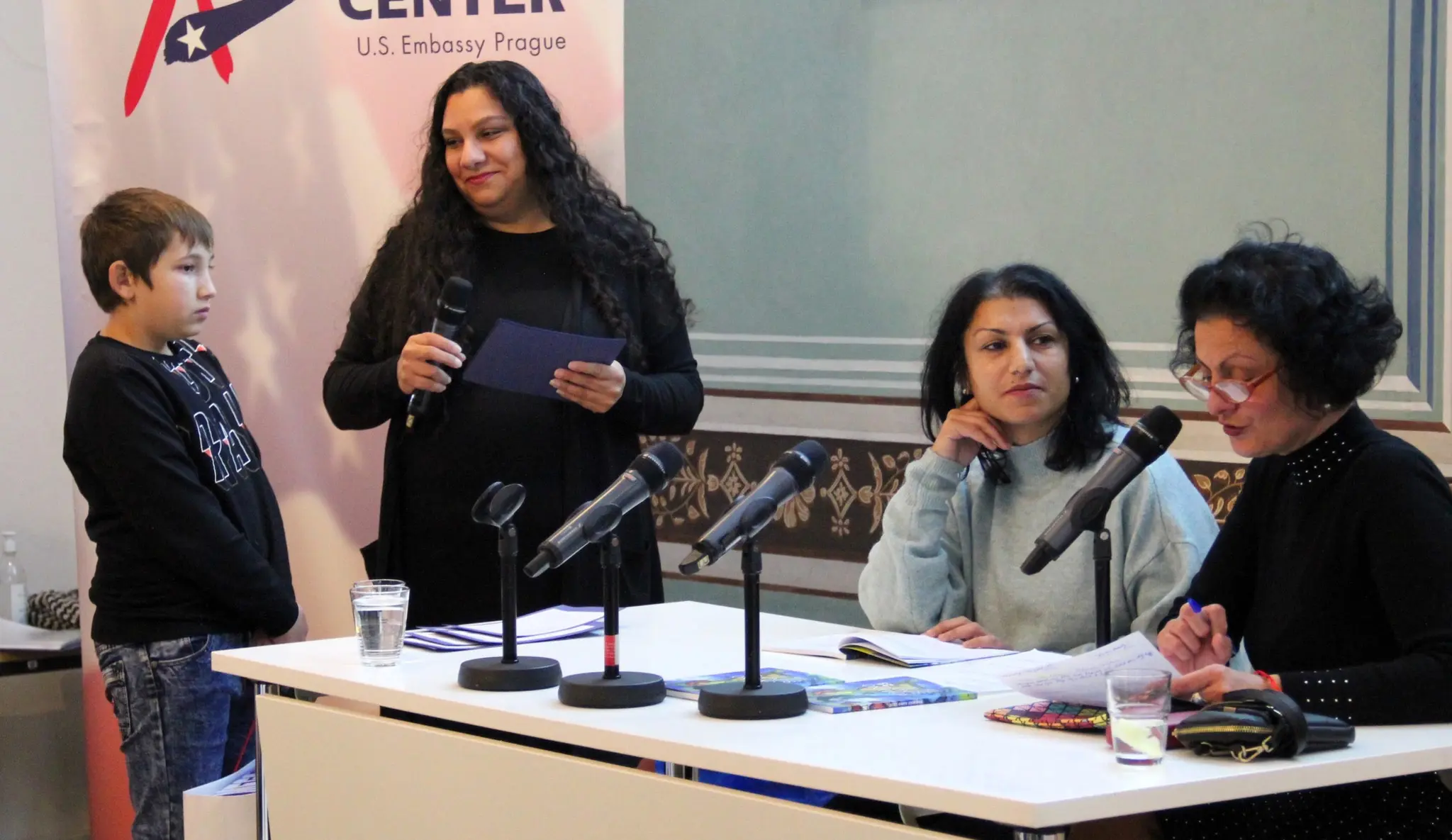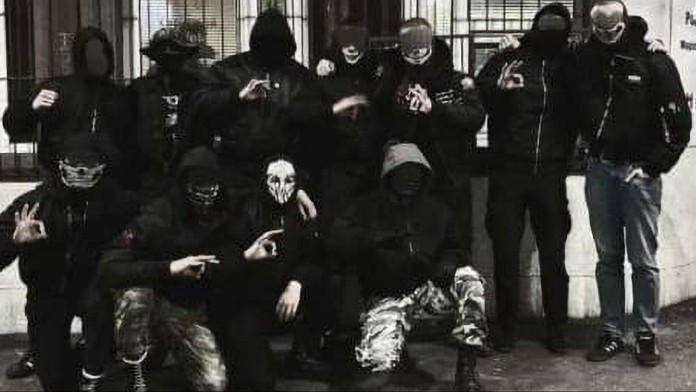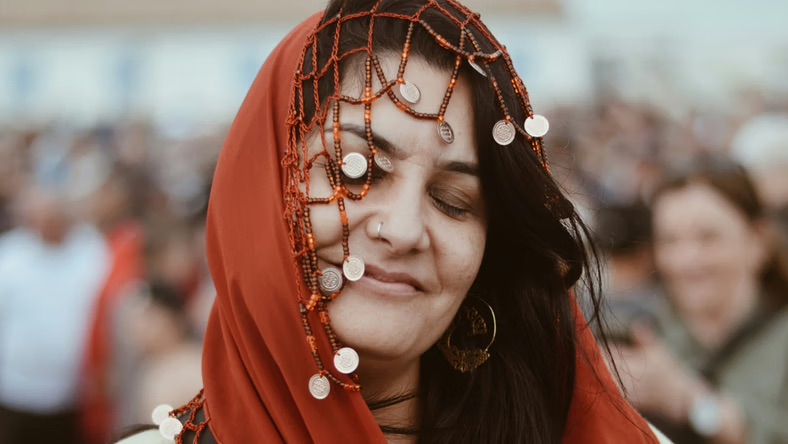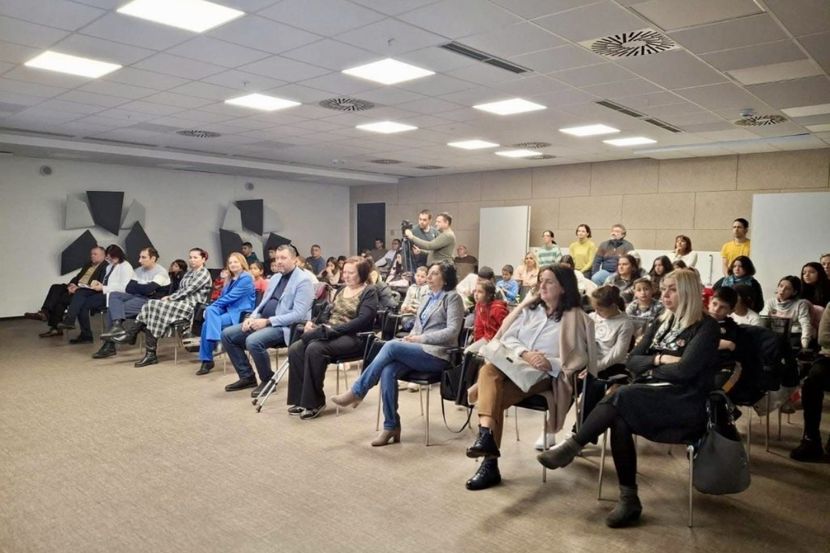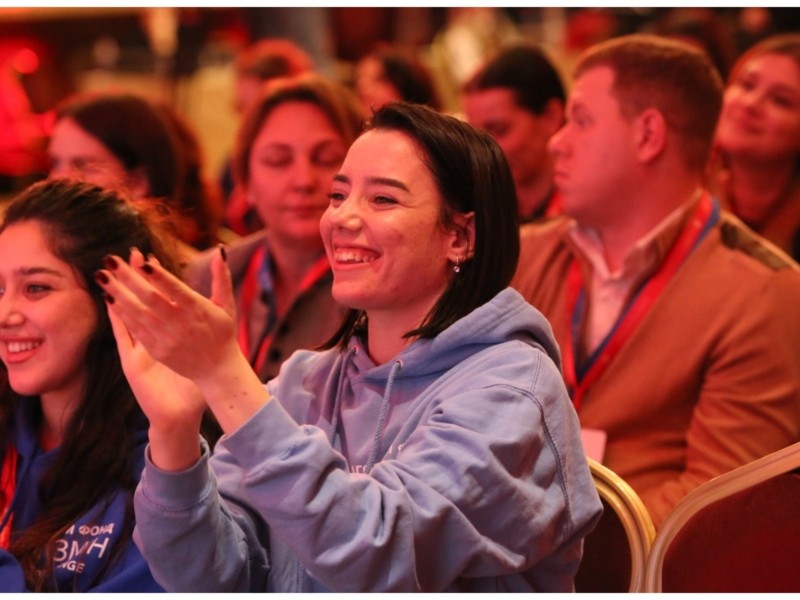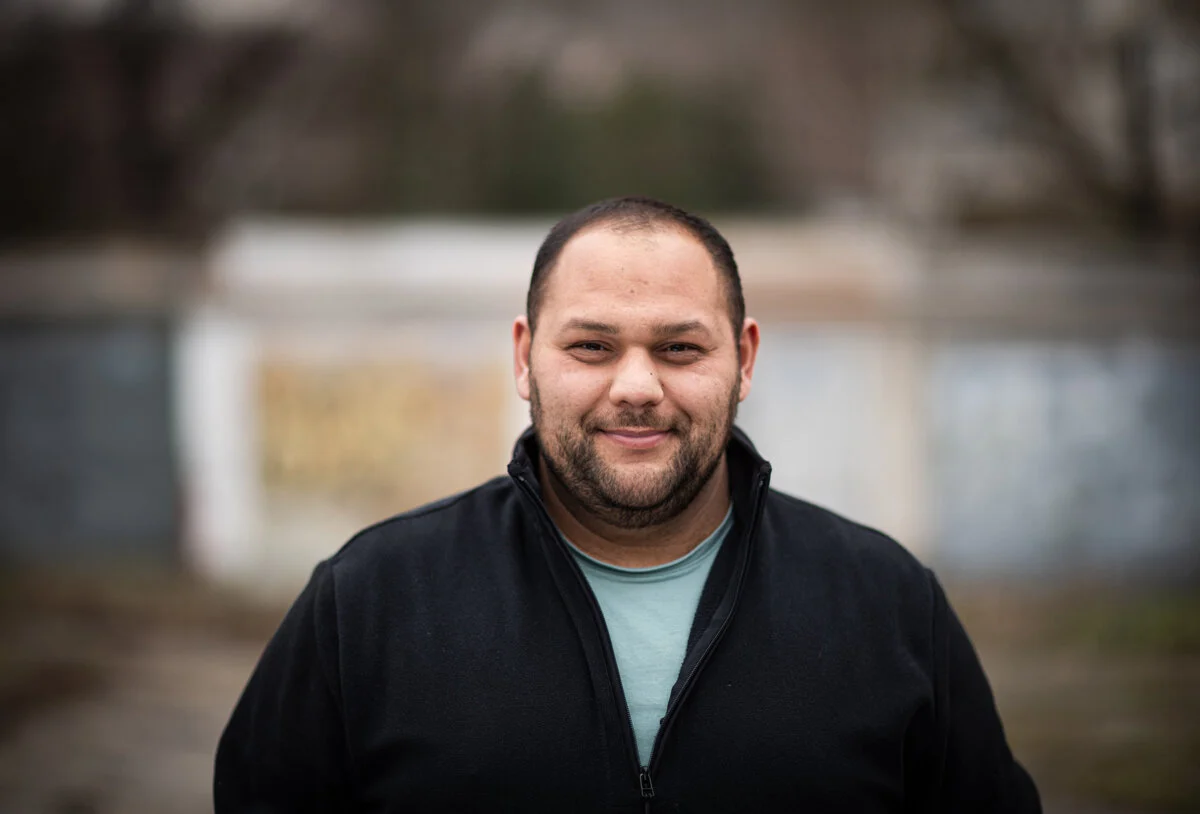On the occasion of a racist mob in Waterford that agitated against Rroma at the end of October, McCarthy (2014) conducted a social experiment: She disguised herself as a Romni beggar in order to understand the experiences of marginalised people. The social experiment that was designed with good intentions, unfortunately prompts McCarthy to spread numerous stereotypes and misinformation about Rroma: she considers that all, or many Rroma, are poor and are beggars. In addition, she uncritically makes allusions to organised begging gangs, human trafficking and arranged child marriages. That a considerable proportion of the Rroma are not poor and criminal, but lead normal existences, remains unmentioned: “As a Romani in Dublin, you are either completely ignored or asked to move along. It’s no news to them to be treated poorly. It has defined their existence throughout history. They were expelled or enslaved, sentenced to torture and death, segregated and discriminated against pretty much ever since they were brought to Europe from northwestern India and Pakistan. They never identified themselves with a territory. They don’t have a distant homeland or any rights to national sovereignty anywhere. The world’s true travellers, on the fringes of society, they are a cultural enigma to the rest of the conforming, technologically-savvy world. In many cases they don’t own anything like social security numbers or credit cards.” In the UK, according to assessments of the Rroma Foundation, there are an estimated 90,000 to 120,000 Rroma. The majority of them is integrated, goes to work, and is sedentary. However, in the in recent months and years, right-wing populist parties and the media have spread fears of a mass immigration of Eastern European Rroma, which would allegedly abuse the British social welfare system and do not want to integrate.
Thompson (2014) conveys a more nuanced notion of the Rroma in Ireland. But also her portrait of a Rromni who has been living in the country for fourteen years, is permeated by stereotypes: Gaby Muntean works as a social worker in her community and speaks of the economic hardships that she and her husband faced at the beginning of their immigration. For a long time, they could not find any work and had to rely on the solidarity of their acquaintances. Aside from this stereotype, who mistakenly equates Rroma with educational alienation and poverty, Muntean also points to the Rroma living integrated, of whom many have the Irish nationality.
- McCarthy, Barbara (2014) My day on the streets as a Roma. In: Irish Independent online vom 2.11.2014. http://www.independent.ie/irish-news/news/my-day-on-the-streets-as-a-roma-30710575.html
- Thompson, Sylvia (2014) Behind The News: Anti-Roma protests in Waterford. In: The Irish Times online vom 1.11.2014. http://www.irishtimes.com/life-and-style/people/behind-the-news-anti-roma-protests-in-waterford-1.1983698
